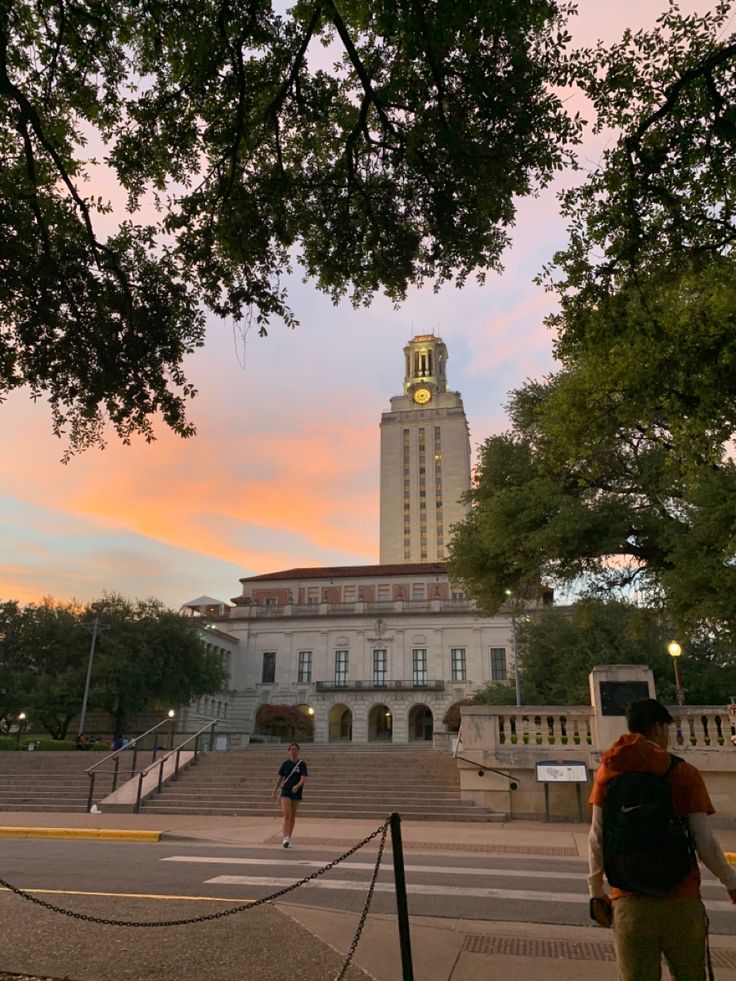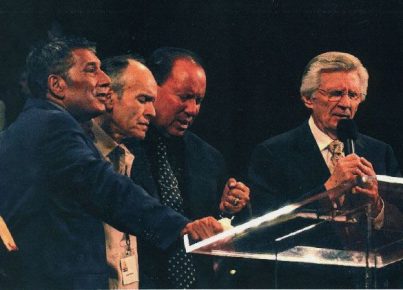The University of Austin, a controversial institution billed as a bastion of free speech and a counterpoint to the perceived “woke” culture prevalent in academia, has welcomed its first student cohort. The university, founded by a group of prominent figures including former President Donald Trump’s advisor Peter Thiel and author and commentator Bari Weiss, opened its doors with a small group of students eager to engage in “unfettered” intellectual discourse.
The university’s launch has been met with both enthusiasm and skepticism. Supporters hail it as a much-needed antidote to the perceived stifling of free expression in traditional academia. They highlight the university’s commitment to academic freedom, its rejection of “cancel culture,” and its focus on fostering critical thinking and intellectual diversity.
Critics, on the other hand, point to the university’s limited academic offerings and its association with conservative figures. They argue that the university’s emphasis on “free speech” comes at the expense of promoting inclusivity and fostering a welcoming environment for all students.
The university’s inaugural cohort, consisting of a small group of students selected through a competitive application process, is eager to embark on their unique academic journey. The students, a mix of backgrounds and perspectives, are drawn to the university’s promise of intellectual freedom and its focus on “classical liberal arts” education.
The university’s first semester will be held online, with plans for a physical campus in Austin, Texas, to be established in the near future. It remains to be seen whether the University of Austin can achieve its ambitious goals and establish itself as a credible academic institution, but its arrival certainly stirs the debate on the role of higher education in society and the importance of free speech in a modern university setting.





